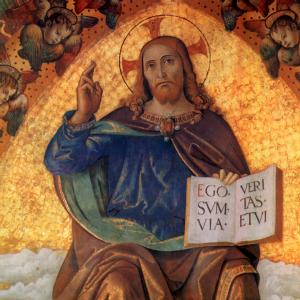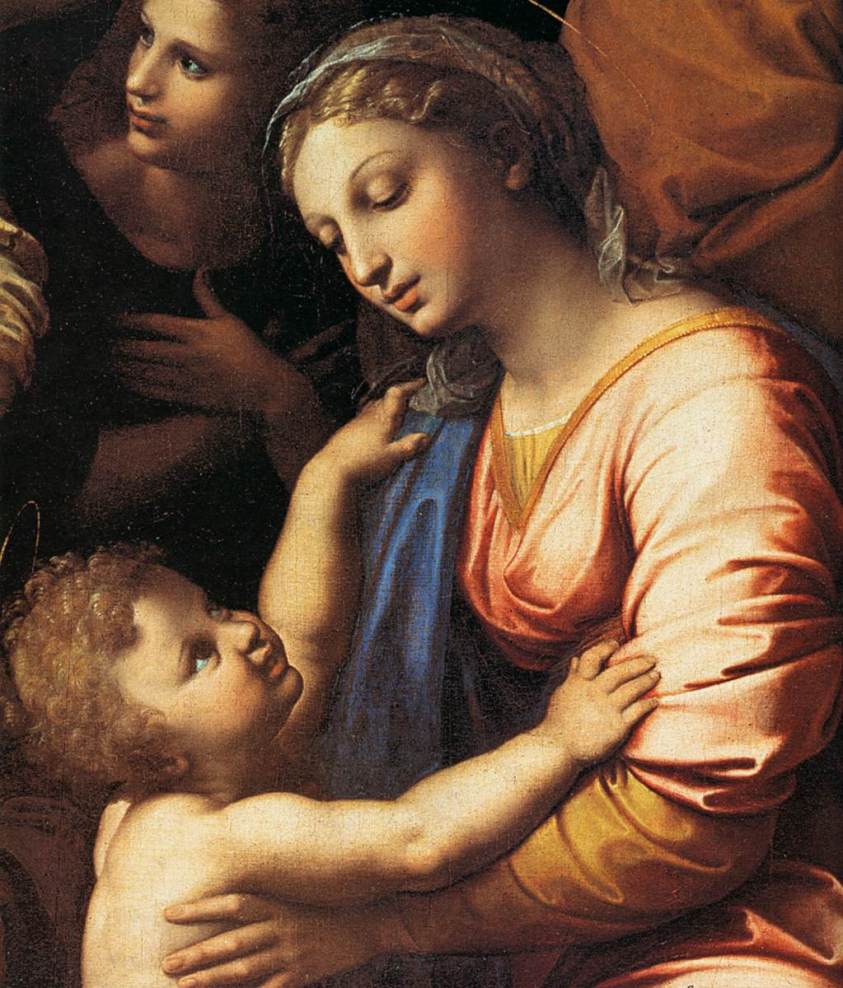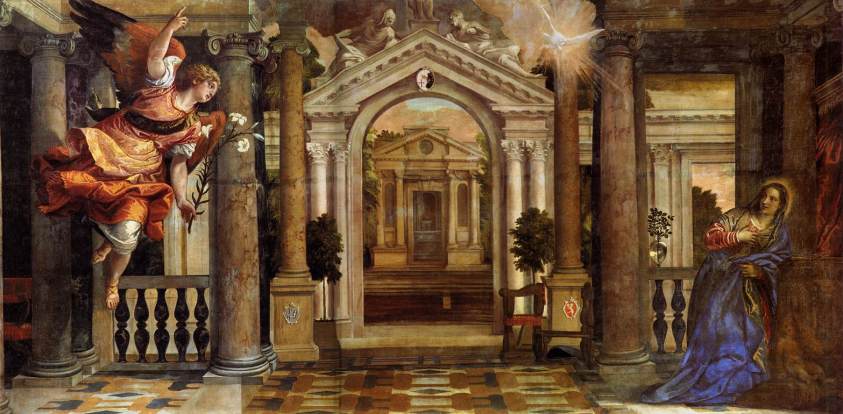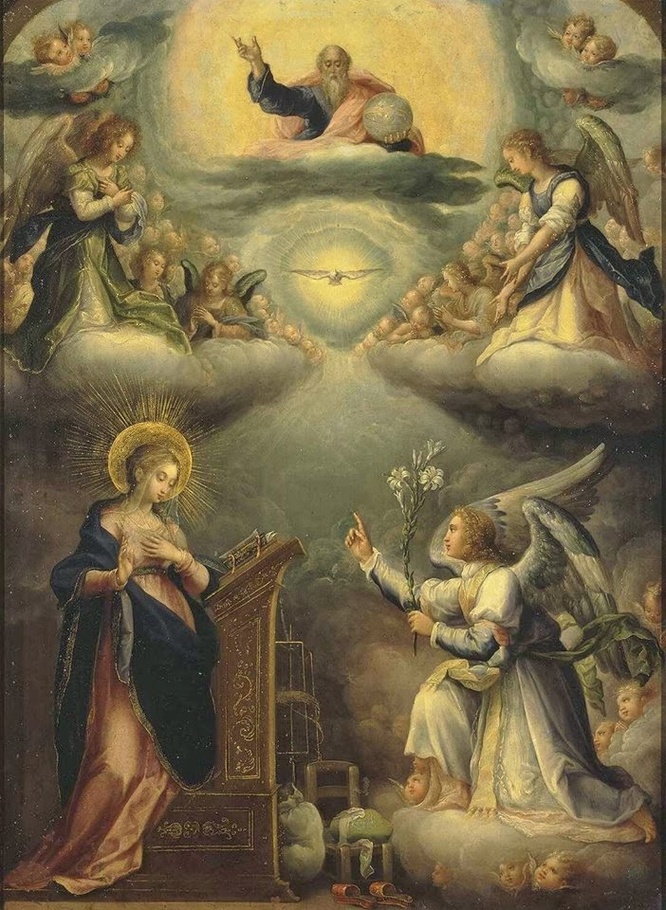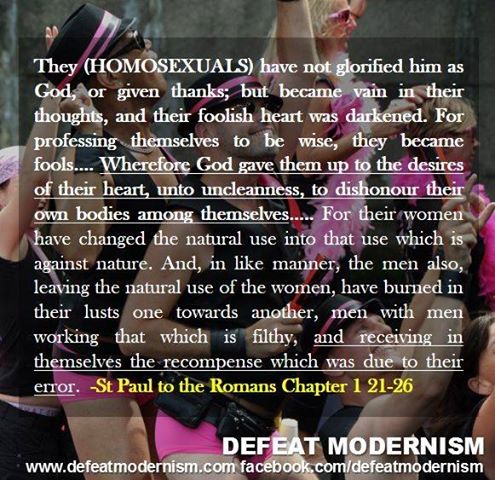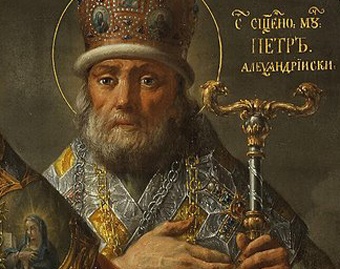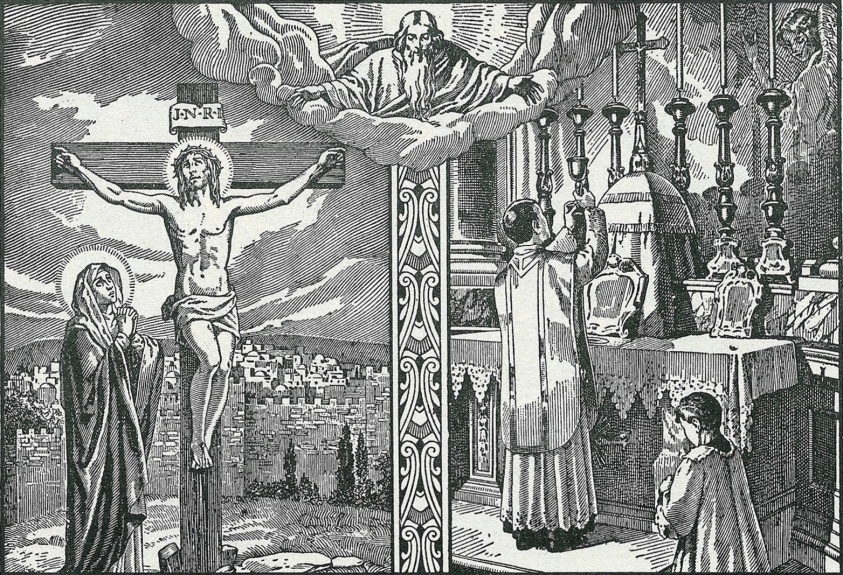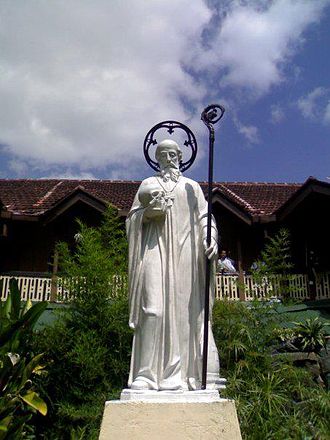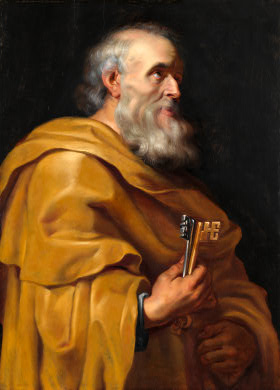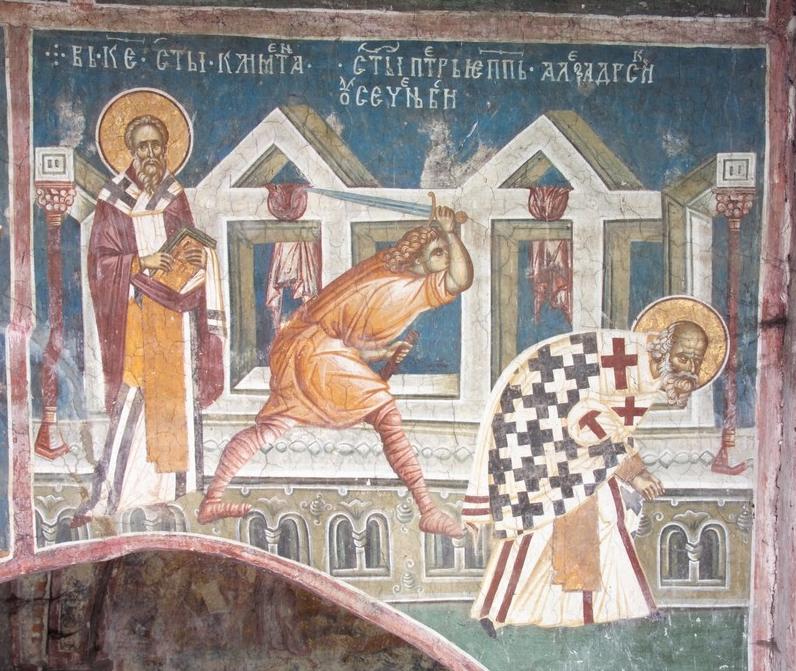
The Lenses of the Cardinal, the Sociologist, the Journalists…
All focused on Francis. To understand who he is and where he wants to go. In the Church, at all levels, criticisms of the pope are no longer being silenced. They are voiced openly. Among the cardinals, the most explicit is Francis George.
by Sandro Magister
ROME, November 24, 2014 – The tempestuous October synod on the family, the appointment of the new archbishop of Chicago, and the demotion of Cardinal Raymond L. Burke have marked a turning point in the pontificate of Pope Francis.
The disquiet, the doubts, the critical judgments are coming out more and more into the light of day and are becoming ever more explicit and substantiated.
On all levels of the “people of God.” Among cardinals, among sociologists of religion, among journalists specializing in Vatican affairs.
The following are three testimonies of the new climate.
THE CARDINAL
Francis George is not just any cardinal. Archbishop of Chicago until a few weeks ago and president of the United States bishops’ conference from 2007 to 2010, he is the one who guided the new course of the American Catholic Church during the pontificate of Benedict XVI, in perfect harmony with him.
By installing as his successor in Chicago a bishop with the opposite profile, Blase J. Cupich, Pope Francis has sent an unmistakable signal of disagreement with the stance of the episcopal conference.
Which in turn, however, has confirmed that it has no intention of backing off from the course it has undertaken.
In fact, in electing its four representatives at the second round of the synod on the family, it has concentrated its votes, apart from Joseph Kurtz and Daniel DiNardo, president and vice-president of the episcopal conference, on Charles Chaput, archbishop of Philadelphia, and José Gomez, archbishop of Los Angeles, two of the leading representatives of the Ratzingerian current.
Cupich turned out to be the first of the non-elect, but he was immediately followed by another diehard Ratzingerian, Salvatore Cordileone, archbishop of San Francisco.
It is in this context that in the middle of November Cardinal George gave a wide-ranging interview to the vaticanista John Allen of the “Boston Globe,” in which he presented as never before his reservations about Pope Francis.
Here are the key passages.
“IT’S CREATED EXPECTATIONS THAT HE CAN’T POSSIBLY MEET”
by Francis George
I can see why some people might be anxious. If you don’t push it, Pope Francis does seem to bring into question well-received doctrinal teaching. But when you look at it again, especially when you listen to his homilies in particular, you see that’s not it. Very often when he says those things, he’s putting it into a pastoral context of someone who’s caught in a kind of trap. Maybe the sympathy is expressed in a way that leaves people wondering if he still holds the doctrine. I have no reason to believe that he doesn’t. […]

Bergoglio speaks…Clarifications required.
The question is raised: why doesn’t he himself clarify these things? Why is it necessary that apologists have to bear that burden of trying to put the best possible face on it? Does he not realize the consequences of some of his statements, or even some of his actions? Does he not realize the repercussions? Perhaps he doesn’t. I don’t know whether he’s conscious of all the consequences of some of the things he’s said and done that raise these doubts in people’s minds.
That’s one of the things I’d like to have the chance to ask him, if I ever get over there: “Do you realize what has happened, just by that very phrase ‘Who am I to judge?’, how it’s been used and misused?”. It’s very misused, because he was talking about someone who has already asked for mercy and been given absolution whom he knows well. That’s entirely different than talking to somebody who demands acceptance rather than asking for forgiveness. It’s constantly misused.
It’s created expectations around him that he can’t possibly meet. That’s what worries me. At a certain moment, people who have painted him as a bit player in their scenarios about changes in the Church will discover that’s not who he is. He’s not going in that direction. Then he’ll perhaps get not only disillusionment, but opposition that could be harmful to the effectiveness of his magisterium. […]
It’s interesting to me that this pope talks about that novel:“Lord of the World.” That’s one thing I want to ask him: “How do you put together what you’re doing with what you say is the hermeneutical interpretation of your ministry, which is this eschatological vision that the anti-Christ is with us? Do you believe that?”. I would love to ask the Holy Father: In a sense, maybe it explains why he seems to be in a hurry. […] What does the pope believe about the end-times? […]
I didn’t know him well before he was elected. I knew him through the Brazilian bishops, who knew him well, and I asked them a lot of questions. […] I haven’t been to see him since he was elected. […] I don’t know Pope Francis well enough. I certainly respect him as pope, but there isn’t yet an understanding of.
“What are you doing here?”.*
The complete text of the interview with Cardinal George:
Chicago’s exiting Cardinal: “The Church…”
THE SOCIOLOGIST
Luca Diotallevi teaches sociology at Roma Tre University. But for years he has also been the sociologist of reference for the Italian episcopal conference. He was a speaker at the national ecclesial conference of Verona in 2006, with pope Joseph Ratzinger and Cardinal Camillo Ruini, and he is vice-president of the scholarly and organizing committee of the ‘Social Weeks’ for Italian Catholics.
Last November 12 he gave a presentation at the general assembly of the CEI, meeting in Assisi on the theme: “The transformations underway in the Catholic clergy. A sociological contribution in reference to the case of Italy.”
So then, in the final part of his presentation, Professor Diotallevi called the attention of the bishops to the change taking place in Catholicism, not only in Italy, toward a form of “low-intensity” religion.
A religion, that is, that “gains visibility and loses significance.”
Among the bishops present, there were some who saw in this an implicit reference to the “success” of Pope Francis.
In this same assembly the bishops resoundingly dismissed, in electing one of their three vice-presidents, the preferred candidate of the pope, archbishop and theologian Bruno Forte, the special secretary of pontifical appointment at the two synods on the family. Forte scraped together 60 votes against the 140 that went to the candidate chosen, Fiesole bishop Mario Meini.
The following is a passage from the presentation by Diotallevi.
TOWARD A “LOW-INTENSITY” CATHOLICISM
by Luca Diotallevi
What is taking place is not a moment of religious decline and secularization, it is on the contrary a moment of “religious boom.”
The present phase of the religious boom is built on the crisis of that confessionalized Christianity which asserted itself beginning in the 17th century as an element of support for the primacy of politics over society, in the form of the state.
Some currents of the Roman Catholic variation of Christianity turn out on paper to be less caught up in this crisis and are able to interpret it as rich in opportunities. Nonetheless, if the candidates for the leadership of this religious boom include Roman Catholicism, another is “low-intensity religion.”
The great advantage of this option consists in the fact that it gives the religious consumer an almost infinite variety of choice and of recombination among the goods and services placed on the market by the most varied providers of religious supply.
Low-intensity religion also offers great opportunities to the religious authorities. If these are able to reduce their normative demands, they are guaranteed a great future and a discrete spotlight as religious entrepreneurs.
In this competition, the new providers of religious supply – from the Pentecostals and Charismatics to the New Age – have good cards to play: an extreme flexibility, a great indulgence toward expressivity.
But the traditional religious providers also have substantial resources at their disposal: a consolidated “brand,” an enormous reserve of symbols and rites, a great understanding of the local markets. This is, of course, on the condition of liberating themselves from the “old” scruples of orthodoxy and orthopraxis; on the condition that they accept having less significance in order to have more visibility.
Within Catholicism as well many religious providers have adopted and are adopting the forms of a low-intensity religion.
In this atmosphere it is no accident that the Catholic Church should develop a problem with the sacrament of marriage. This is literally inconceivable in a perspective of low-intensity religion, which instead devotes great but generic attention to the well-being of the family.
Careful consideration of the features of the religious boom currently taking place is indispensable for understanding the meaning of processes and crises like those that concern the Catholic clergy. To a large extent these processes and these crises are an expression of the attempt to assimilate Catholicism with a low-intensity religion.
And great lucidity is also required to avoid resorting to solutions that are in the spotlight today, like those that would have priestly ordination no longer reserved for celibate males. The Christian traditions that ordain married men and even women, and therefore have a proportionally larger quantity of clergy available, find themselves facing exactly the same problems and often in decidedly more acute forms.
*
The complete text of the presentation by Professor Diotallevi will appear in the next issue of “La Rivista del Clero.”
He has written a more elaborate analysis of the phenomenon of low-intensity religion that can be found in this multi-author volume published by the theological faculty of Milan:
“Una fede per tutti? Forma cristiana e forma secolare”, Glossa, Milano, 2014.
THE JOURNALISTS
Aldo Maria Valli is the top vaticanista in service at the RAI, the Italian state television network. And Rodolfo Lorenzoni also works at the RAI, for some time at RAI-Vaticano.
Both are fervent Catholics. But they don’t think the same way. Valli feels very much in harmony with Pope Francis. Lorenzoni is more critical.
And they have decided to put their positions side-by-side in a book entitled: “Viva il papa? La Chiesa, la fede, i cattolici. Un dialogo a viso aperto.”
In the flood of apologetical books and booklets that have accompanied the pontificate of Francis, this one by Valli and Lorenzoni distinguishes itself by its objectivity.
Below is a passage from the book. In which the two vaticanisti attribute a large part of the incomprehension that weighs upon the pope to the portrait of him drawn by the media.
But then both agree in recognizing also Francis himself as the origin of this incomprehension.
Lorenzoni says this clearly: “Frankly I do not yet understand who this man is and where he intends to lead the Church of Christ.”
But Valli is dubious as well: “I sincerely do not know if this strategy of Francis is bearing fruit.”
Now it’s their turn to talk.
WHO IS THIS FRANCIS?
by Aldo Maria Valli and Rodolfo Lorenzoni
VALLI
In spite of those who for the sake of their own interests depict him as a “progressive,” Pope Francis does not miss a chance to talk about death, the afterlife, hell and heaven. And he does so out in the open. Does it appear to you that these expressions of Francis have been extensively publicized? It doesn’t to me. And that’s understandable. The Francis phenomenon is great as long as it is useful to the rampant subjectivism. But when it goes against the tide, out comes the censure.
Perhaps we really needed a South American Jesuit so that the last things, the ultimate realities, could be pulled out of the attic to which they had been relegated. In Europe, in fact, for too long the Church was almost ashamed of them. But the question remains: to what extent is this eschatological Francis known, this pope who speaks unabashedly about hell as the exclusion from God’s embrace and is not at all afraid to commend purification as a condition for entering into heaven?
The answer is easy: he is hardly known or not at all, because there are those whose interest is to have us know just one Francis, the one apparently more “up to date,” the more politically correct one.
LORENZONI
It is curious, in fact, that the mass media and Francis got themselves hitched as soon as Bergoglio came out onto the loggia of Saint Peter’s Square uttering his “buonasera.” Apart from the fact that I would have expected him to say “The Lord be with you,” in the very moment in which I heard that greeting I immediately intuited the coming danger. That is, I glimpsed the misunderstandings, omissions, distortions, conformisms, superficialities to which we would be constantly subjected by the media in order to exalt a certain type of pope at the expense of another. In order to give us the “figurine” rather than the substance.
And in fact right away came the nice full-page headlines, the slogans launched and repeated on every website, the insistent requests on the part of editors and directors to emphasize the soundbite or the big gesture, the ones that bore into the eyes and into the head of the viewer and keep him from changing the channel.
The operation has worked brilliantly, I must say. There is the matter, however, of going deeper into the analysis, above all under the scientific profile of the theory of mass communication, of sociology, of information technology.
But then, and I should say above all, I would like to really get to know him, Francis. Because as a journalist and as a Catholic, as a person who takes care to try to follow the Church and the pope, frankly I do not yet understand who this man is and where he intends to lead the Church of Christ.
VALLI
You raise a crucial question: who is Francis really? In spite of the thousands of pages written about him, perhaps we don’t know this yet. But Jorge Mario Bergoglio, especially through a few of his interviews, has given indications here and there that could help us to give an answer.
During the return flight from Brazil, in July of 2013, when a journalist pressed him by noting that certain issues, like abortion and homosexual unions, raise a great deal of interest among young people and therefore should be addressed, Francis said: “Yes, but it wasn’t necessary to talk about this, but rather about the positive things that open the way for young people. Besides, young people know perfectly what the position of the Church is.”
So the change Francis is leading is not so much one of content as it is one of method. Instead of focusing on the norms, he prefers to present, in positive terms, the beauty of the Christian adventure. Instead of giving first place to the “didaché,” the doctrinal teaching, he has chosen to privilege the “kèrygma,” the gospel in the literal sense: the good news.
The doctrinal element is not entirely absent, but has been repositioned. Instead of being focused on what Benedict XVI called the nonnegotiable values – life, family, education – he focuses on “corruption,” an expression by which Francis mans not only placing oneself at the service of the idol of money, but also, or rather first of all, the failure to recognize the lordship of God and the need to have recourse to his mercy.
Karl Rahner once said that the Christian of tomorrow either will be a mystic or will not be at all. Francis has situated himself within this approach. Well aware of the fact that our society is no longer Christian, he maintains that the men and women of our time can return to the faith only by virtue of an intimate personal encounter with Jesus. An encounter that very often takes place in a moment of illness, solitude, poverty, and does not play out so much on the level of ideas but on that of the sentiments, not in the head but in the heart.
Under this aspect the pontificate of Francis has more than one affinity with the evangelical movements that are so widespread in Latin America.
Now I sincerely do not know if this strategy of Francis is bearing fruit. Do the full plazas and the cheering crowds mean that the pope has achieved his goal, or are they phenomena induced by a certain collective euphoria? Perhaps both at the same time.
In order to be given away effectively the Gospel needs tools, and in the case of Francis the first tool is he himself. He is also this with his ‘good morning,’ ‘good evening,’ and ‘enjoy your lunch,’ with his remarks that are brief but rich with images that remain imprinted on the mind, with his popular wisdom that smacks a bit of other times but succeeds in taking hold.
Where he takes the Church, that remains to be seen.
*
The book:
How Francis Is Befriending the PentecostalsIn Latin America, they’re pulling millions of faithful away from the Catholic Church. But the pope has only words of friendship for them. This is his way of doing ecumenism, unveiled here in two of his video messages
For more news and commentary, see the blog that Sandro Magister maintains, available only in Italian:


